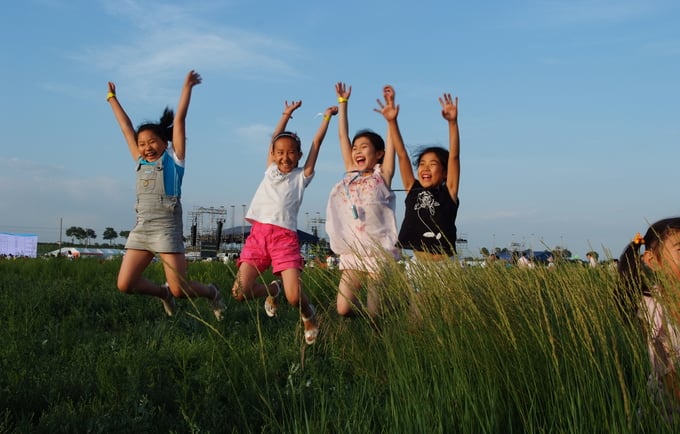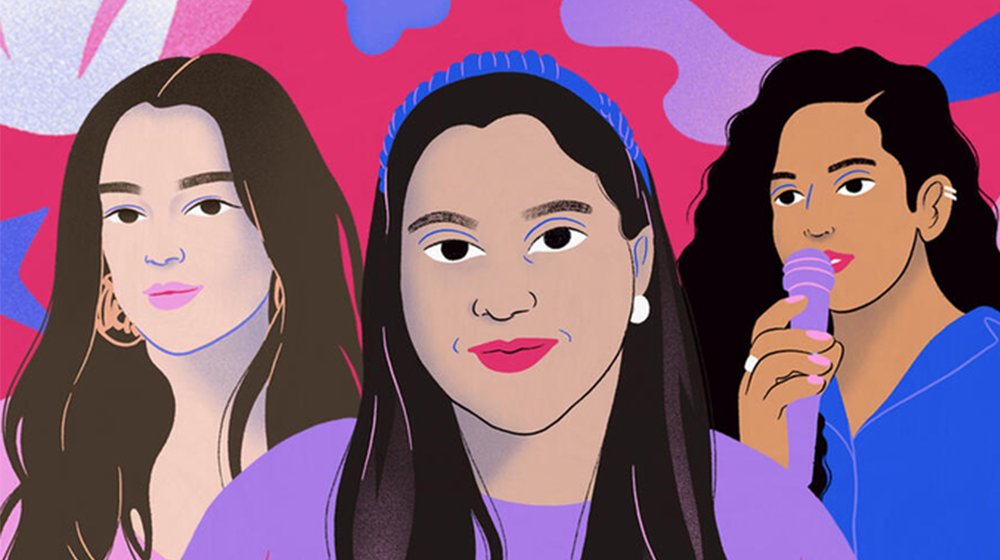Gender equality is a human right. Women are entitled to live with dignity and with freedom from want and from fear. It is also a precondition for advancing development and reducing poverty. Empowered women contribute to the health and productivity of whole families and communities, and improve prospects for future generations.
In China, equality of men and women has been stipulated in the Constitution since 1954. More than 100 laws and regulations have been formulated or amended to provide fundamental guarantees for promoting women’s development and safeguarding women’s rights and interests. Women account for half of China's poverty reduction population and more than 40 per cent of the employed population. In 2018, the net primary school enrolment rates of boys and girls were both very close to 100% and the number of female graduate students in higher education accounted for 49.6% of all graduate students. The maternal mortality ratio has significantly fallen from 89 per 100,000 live births in 1990 to 16.9 per 100,000 live births in 2020. Despite progress in tackling gender inequality, gender-based violence, forms of harmful practices and discrimination persist.
In the ninth Country Programme between the Government of China and UNFPA (2021-2025), UNFPA contributes to the achievement of the 2030 Agenda for Sustainable Development by ensuring that women and girls in need of protection and care receive high-quality comprehensive preventative and response services, and by collaborating with partners to promote positive social norm change to support the realization of gender equality and women’s rights.
Preventing and responding to gender-based violence
The China Anti-Domestic Violence Law enacted in 2016 provides the basic legal mechanisms for preventing and prohibiting domestic violence against family members, women in particular. UNFPA addresses the need for effective prevention of and responses to gender-based violence by advocating and supporting the establishment of functional multi-sectoral coordination mechanisms for implementation of the Anti-Domestic Violence Law and documenting best practices that are in line with the 1994 International Conference on Population and Development (ICPD) agenda and the 2030 Agenda for Sustainable Development framework. UNFPA supports the development of health service guidelines and strengthens survivor-centered response to gender-based violence.
Addressing root causes of gender-biased sex selection
In China, strong son preference, combined with the use of modern technologies and the drop in total fertility rate, has led to gender-biased sex selection (GBSS) which in turn has resulted in persistently high skewed sex ratio at birth (SRB). The consequences of a skewed SRB have had profound effects at the societal level as well as individual level, including a marriage squeeze caused by disproportions between the sexes at the prime ages of marriage – more men in the marriage market than potential women partners, a large gender population gap, discrimination and violence against women, and violation of women’s and girls’ rights.
UNFPA addresses the need for effective prevention and responses to harmful practices including GBSS by promoting evidence-based positive social norm change to eliminate harmful practices including son preference, and facilitating cross-country knowledge exchange and South-South and global cooperation on effective responses to GBSS.



